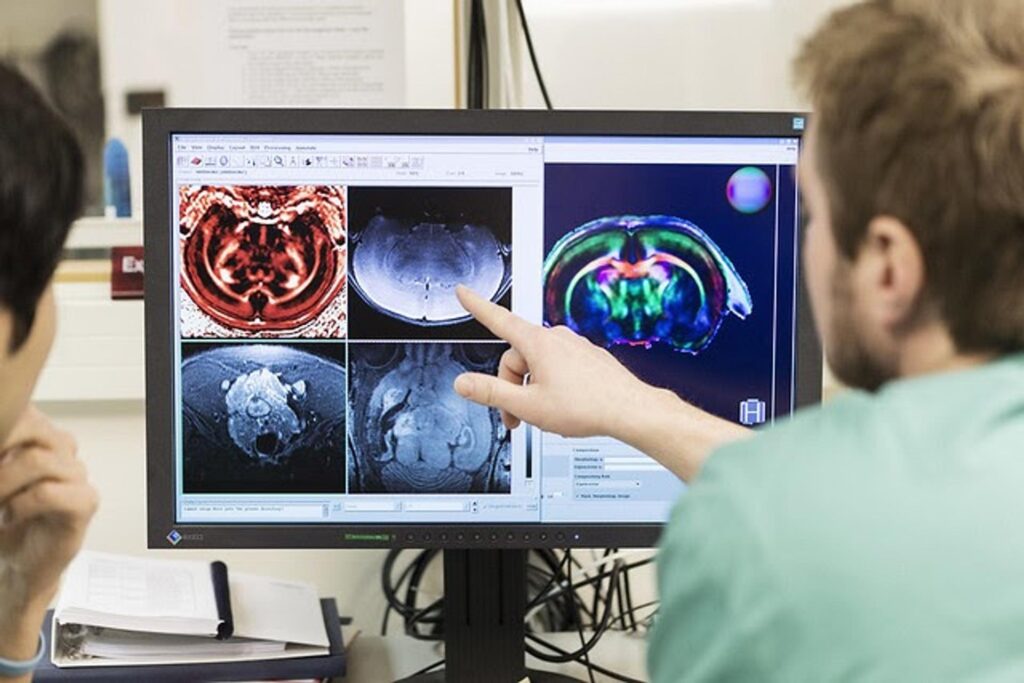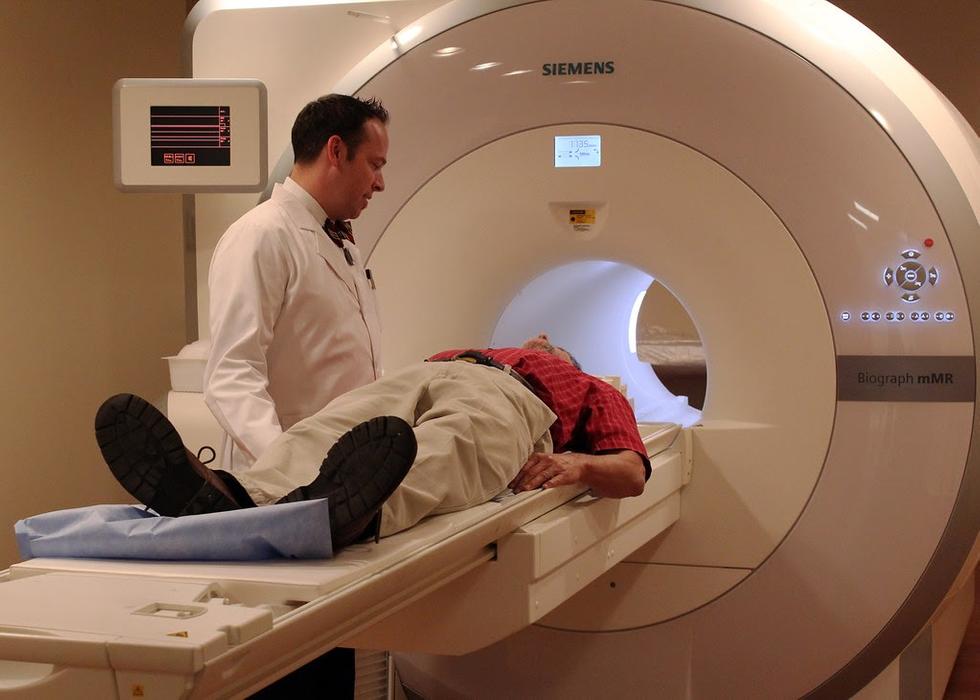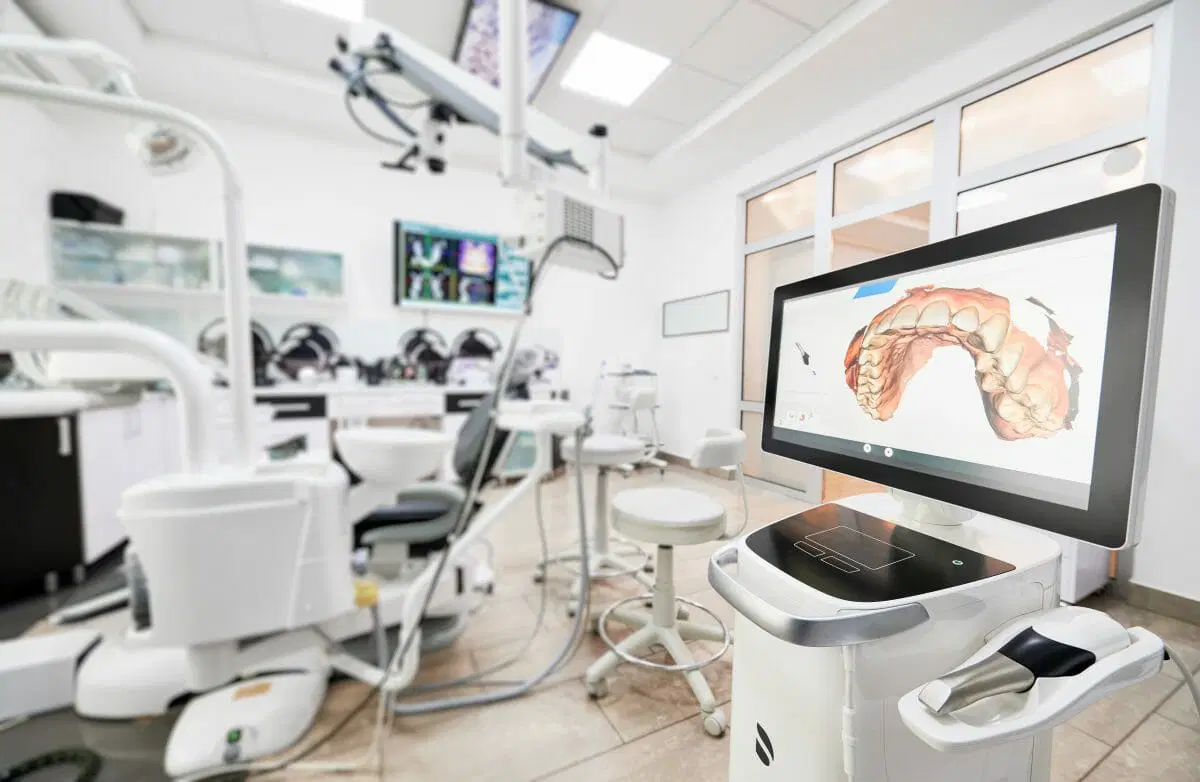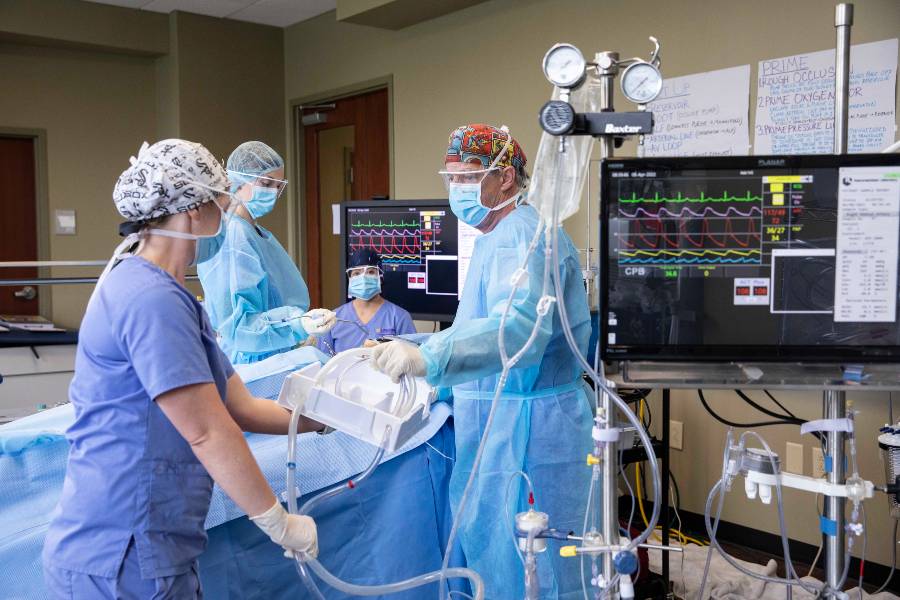Are you drawn to the world of medical imaging and curious about how long does it take to become an MRI tech? If you’re pondering the ins and outs of this rewarding medical profession, you’ve come to the right place! This article serves as your comprehensive guide, loaded with valuable information from the early education stages to career growth opportunities. So let’s get into it, shall we?
How Long Does it Take to Become an MRI Tech
The path to becoming an MRI tech is not one-size-fits-all. Typically, it can take anywhere from 3 to 5 years to become a fully licensed MRI tech. This timeline includes educational requirements, certification, and hands-on experience. Of course, how quickly you accomplish these steps depends on various factors like full-time vs. part-time study, your starting point, and how swiftly you can gain professional experience.
Educational Pathways
High School Diploma or GED
Before diving into MRI tech training, you must complete high school or obtain a GED. Biology, chemistry, and physics classes can offer a good foundation for your future studies.
Associate Degree Programs
An associate degree is often the next step. Programs typically take two years and include courses like medical terminology, anatomy, and MRI principles.
Bachelor’s Degree Programs
Some opt for a four-year bachelor’s program, particularly if they’re interested in managerial roles in the future. Specialized courses in healthcare management can be a plus here.
Vocational Programs
For those eager to enter the workforce quickly, vocational programs provide an alternative route. These are often shorter but offer intense, hands-on training.
Certification Requirements
Primary Pathway
This involves passing the American Registry of Magnetic Resonance Imaging Technologists (ARMRIT) or American Registry of Radiologic Technologists (ARRT) exams.
Post-Primary Pathway
For those already in a radiologic field, post-primary certification is an option. Specialized courses are necessary before taking the exam.
State Licensing
Most states require MRI techs to be licensed. The criteria can vary, but usually include passing one of the national exams and fulfilling a set number of continuing education credits.
Hands-On Training
Clinical Rotations
Hands-on clinical training is essential. Most educational programs incorporate clinical rotations into their curriculum.

Internships
Internships offer additional, real-world experience. They are usually unpaid, but the experience gained can be invaluable.
Job Shadowing
Job shadowing can be a great way to get a feel for the day-to-day operations and can usually be arranged informally.
Career Advancement Opportunities
Continuing Education
Further specialization through continuing education can make you more marketable.
Networking
Networking can open doors for career progression. Industry events and online platforms can be very beneficial.
Managerial Roles
For those with higher educational qualifications and experience, managerial roles are a logical next step.
Challenges and Rewards of the Profession
Emotional Stamina
MRI techs often work with sick or injured patients, requiring emotional resilience.
Physical Demands
The job can be physically taxing with long hours on your feet.
Financial Rewards
The financial benefits are substantial, with competitive salaries and benefits.
Market Trends and Job Outlook
Current Market Trends
Technology advancements are shaping the field, creating new opportunities.
Future Job Outlook
The demand for MRI techs is expected to grow, providing job security.
FAQs
What qualifications are needed to become an MRI tech?
You’ll typically need a high school diploma or GED, followed by an associate or bachelor’s degree, and certification.
Is a bachelor’s degree necessary?
No, but it can open doors for career advancement.
How demanding is the job physically?
The job can be physically strenuous, requiring long periods of standing.
What is the average salary?
According to the Bureau of Labor Statistics, the average annual salary was around $73,000 as of 2021.
What is the job outlook for MRI techs?
Job growth is expected to be faster than the average for all occupations, adding about 14% new jobs by 2028.
How can one advance in this career?
Continuing education, networking, and obtaining higher qualifications can help in career advancement.
Conclusion
Becoming an MRI tech is a journey that demands commitment, both academically and emotionally. The process can take between 3 to 5 years, incorporating various educational pathways, certification requirements, and hands-on experiences. While the job comes with its set of challenges, the rewards—both emotional and financial—are plentiful.











